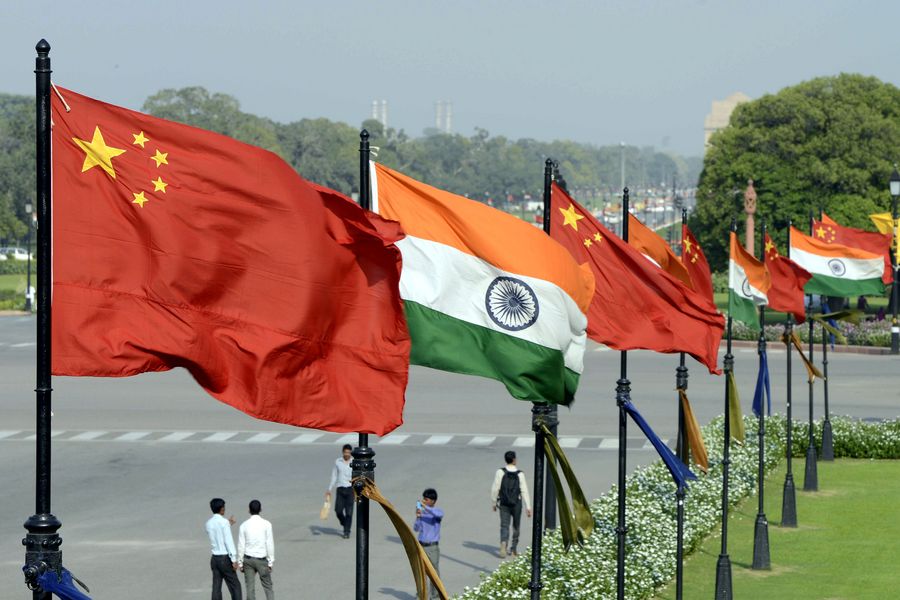No grounds for India to be adversarial
By LI YANG | China Daily | Updated: 2024-02-02 07:49

In his dialogue with Indian university students on Tuesday, Indian Minister of External Affairs Subrahmanyam Jaishankar told the younger generation of the world's most populous country although there is competition in diplomacy and influence between India and China, there is no need to be scared of the latter.
"India must learn to compete, not just with China, but with all," said Jaishankar. "We should have the mindset that foreign policy is about competition between rising powers."
Although competition is better than rivalry and conflict, it is cooperation and collaboration that should be the mainstay of relations between China and India. They are not only the world's two largest developing countries that are obliged to unite the Global South and promote the common development of the world, but also major players on the world stage, buttressing the multilateral international order with the United Nations at its center.
China-India relations have encountered some setbacks in recent years. That is not in the fundamental interests of either side. There are always some forces trying to provoke conflict between the two neighbors and create divisions in the region.
That's why Beijing highly values New Delhi's strategic autonomy on the world stage. New Delhi should approach bilateral ties and economic cooperation more objectively, showing more foresight and bearing the bigger picture in mind.
China and India clearly have greater common interests than differences. Their realization of common development and common prosperity has global significance. The two sides should support and care for each other's core concerns instead of consuming or being suspicious of each other.
The two nations should thus focus their energy and resources on their respective development and the improvement of people's livelihoods, and not let specific issues define the overall relationship. They can meet each other halfway and find a solution to the border issue that is acceptable to both parties.
To create an atmosphere that is conducive to mending bilateral ties, India should in the first place provide a fair, transparent and nondiscriminatory business environment for Chinese companies, and actively promote people-to-people exchanges between the two sides. That can help expand common interests and deepen peoples' mutual understanding, avoiding narrow nationalism, jingoism or brinkmanship from hijacking or distorting public opinions toward each other.
Stabilizing relations with India at a strategic height has always been a key task of China's neighborhood diplomacy. Dedicated to providing fair and law-based business and development environment for all foreign companies and talents, including those from India, China has never scapegoated India, or any other country, for its domestic issues, which is itself a fool's errand, and never joined a geopolitical bloc targeting India.
New Delhi has every reason to reciprocate that.
























